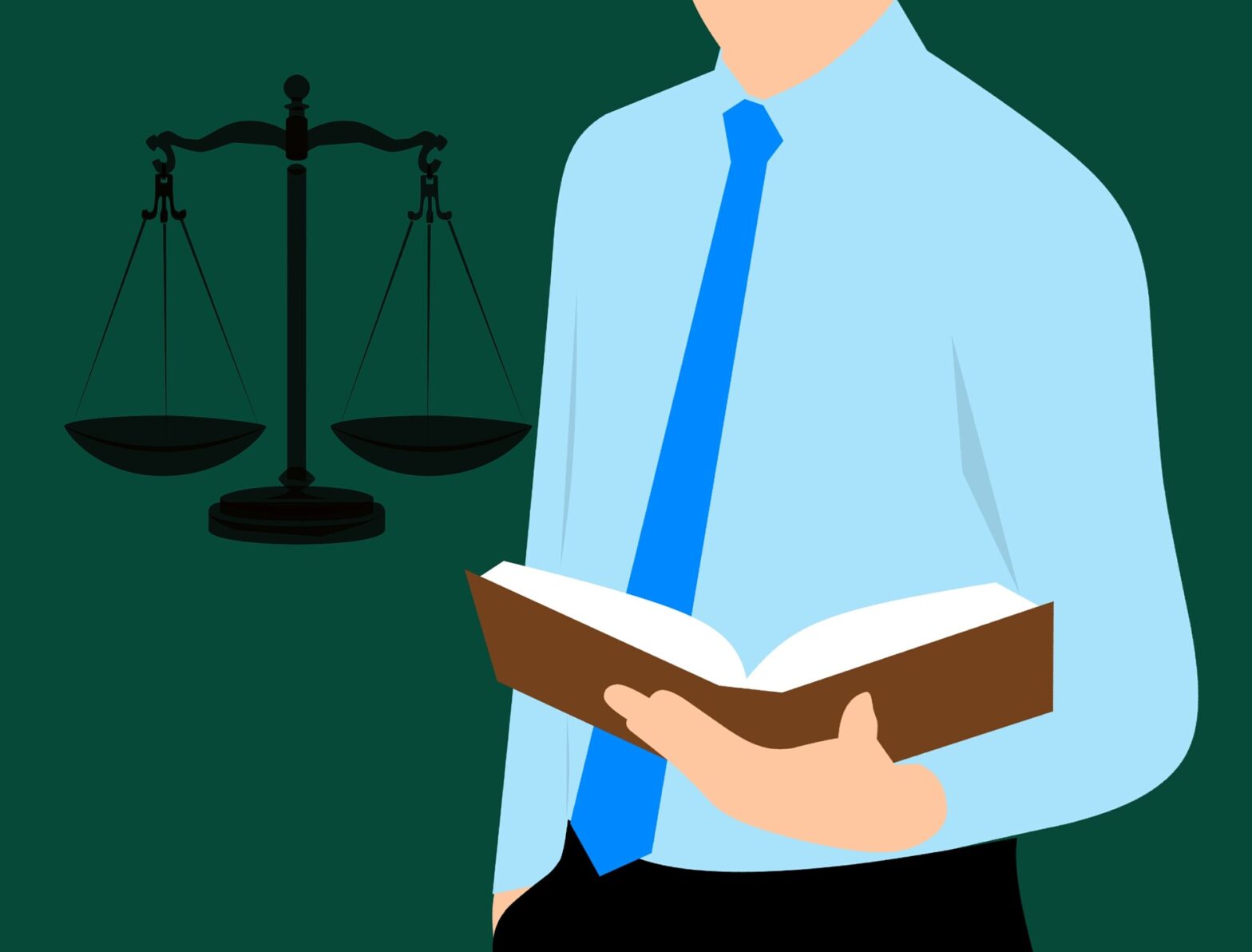What should I Tell the Bankruptcy Lawyer About?
When meeting with a Utah bankruptcy lawyer, it’s important to be honest and upfront about your financial situation. Here are some key pieces of information you should be prepared to discuss:
- Types of debts: You should provide your lawyer with a comprehensive list of all of your debts, including credit cards, medical bills, personal loans, car loans, mortgage, and any other outstanding debts.
- Income and expenses: You should also provide information about your income and expenses, including your monthly income, rent or mortgage payments, utility bills, car payments, food expenses, and any other regular expenses.
- Assets: Your lawyer will need to know about any assets you have, including your home, car, bank accounts, investments, and any other valuable property.
- Previous bankruptcy filings: If you have filed for bankruptcy in the past, you should let your lawyer know the details, including when and what type of bankruptcy you filed.
- Pending lawsuits or legal judgments: If you are facing any lawsuits or legal judgments, you should provide your lawyer with the details.
- Creditors and collection agencies: You should also let your lawyer know which creditors and collection agencies you have been dealing with, as well as any recent collection actions or legal action taken against you.
By providing your bankruptcy lawyer with this information, they will be better equipped to assess your financial situation and help you determine the best course of action for resolving your debts. Remember, everything you discuss with your lawyer is confidential, so it’s important to be honest and provide as much detail as possible.
What Information Should I Hide From My Bankruptcy Lawyer?
It is not a good idea to hide information from your bankruptcy lawyer. When you hire a Utah bankruptcy lawyer, they are legally bound to maintain client confidentiality, which means that they cannot share your information with anyone without your permission.
However, if you withhold information from your lawyer, it can make it difficult for them to provide you with effective legal advice and representation. Your lawyer needs to have a full and accurate picture of your financial situation in order to determine the best course of action for resolving your debts.
Moreover, if you withhold information from your lawyer, it could have legal consequences. Providing inaccurate or incomplete information in your bankruptcy filing is considered bankruptcy fraud, and you could be subject to penalties, fines, or even criminal charges.
In short, it’s always best to be honest and upfront with your bankruptcy lawyer. They are there to help you navigate the bankruptcy process and achieve the best possible outcome for your financial situation, and they can only do so if they have all of the necessary information.
Will My Bankruptcy Lawyer Judge Me?
No, your bankruptcy lawyer will not judge you. One of the most important aspects of the attorney-client relationship is confidentiality. Your lawyer is legally bound to maintain client confidentiality, which means that they cannot share any information about you or your case with anyone without your permission.
Furthermore, lawyers are professionals who are trained to provide legal advice and representation without judgment. They understand that financial difficulties can happen to anyone, and they are there to help you navigate the bankruptcy process and achieve the best possible outcome for your situation. Additionally, your lawyer has probably heard it before. Don’t think that you are going to shock an experienced attorney.
It’s important to remember that your lawyer is there to help you, not to judge you. They are on your side, and their goal is to help you get the fresh start you need to move forward with your life. So if you are feeling embarrassed or ashamed about your financial situation, don’t be. Your bankruptcy lawyer is there to help you, and they will provide you with the support and guidance you need to get through this difficult time.
